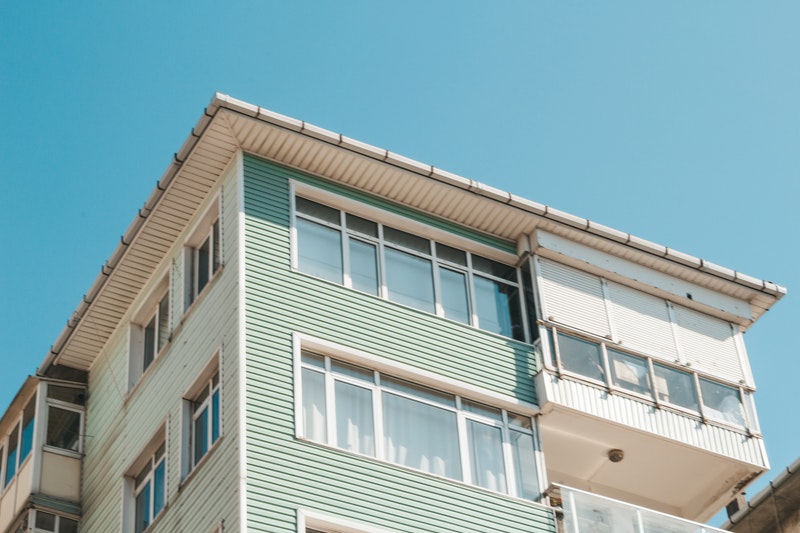Preparing to Buy Your First House

Hi, I am Betty Knight, Owner of this site! I…
Becoming a homeowner for the first time can be exciting, but it can also be overwhelming. Rollingwood Management advises that if you have your finances in order, buying a home can be a smart financial move, but there are a few logistical steps you should take to prepare for homeowning. You also need to think carefully about what you will be looking for and what compromises you are willing to make.
Start Saving
You don’t have to be debt-free to stop renting and start buying—if you did, far fewer people would own their houses—but you do need cut back on your spending as soon as you decide to buy. If you can pay more toward your down payment, you’ll usually get a better deal. However, even if you already have saved up the down payment, you should be putting away more money as well. There are a number of costs associated with buying a home, and there are usually unexpected last-minute expenses that arise as well. If you are still paying off student loans, you might want to research student loan consolidation with a private lender. This could allow you to stretch out your repayment term and pay less each month, which you can put toward your house fund.
Know Your Priorities
When you are shopping for a home, it’s rare to find everything that you want. You’ll probably need to compromise, so it’s a good idea to know in advance what your deal breakers are. For example, do you want a fixer-upper, or does that sound like your worst nightmare? Are you thinking of this as a starter home or a forever home? How important is the neighborhood to you? Do you have children now or plan to have them?
There may be specifics that are especially important to you, such as a big yard or kitchen. Maybe you want a home office or a front porch, or perhaps it is important to you to move into an old house instead of a new one. Having a strong sense of your priorities is especially important if you are in a tight market because you might find yourself tempted to let go of some of those priorities and bid on a house that doesn’t meet your standards. It’s important to be realistic, but you also shouldn’t buy a house you are going to be unhappy with.
Attend Open Houses
If you’re serious about buying, you should work with a real estate agent to find a home that’s right for you, but going to some open houses can help give you a sense of the lay of the land and what various neighborhoods are like. This will also give you an idea of how other homes and their prices compare when you find a place that you really like.
Overlook Cosmetic Issues
A common mistake that first-time buyers make is failing to distinguish between real problems and easily fixed cosmetic issues. Hideous carpets, outdated cabinets or ugly wallpaper can make a house look truly unattractive, but these are relatively easy fixes. Don’t let a great house get away because the previous inhabitants had bad taste.
What's Your Reaction?
Hi, I am Betty Knight, Owner of this site! I am a 'nearing 30-year-old', happily married to 1 awesome man. We live in the beautiful tourist town of Franklin NY.



